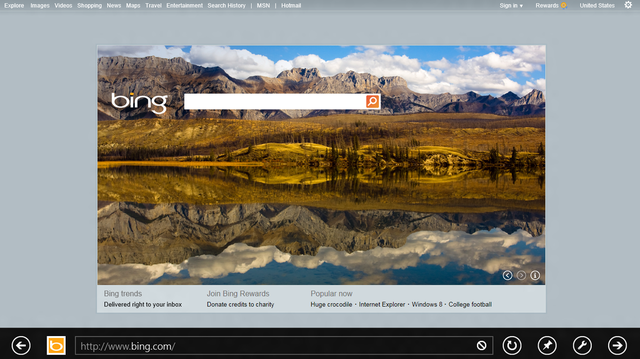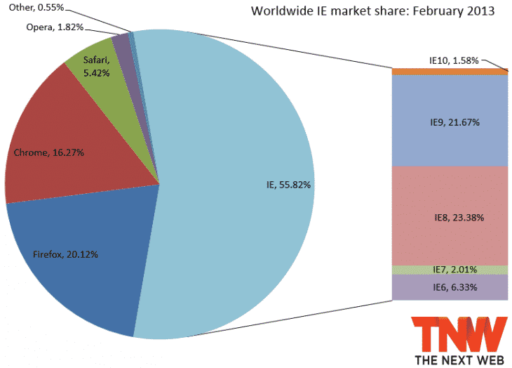‘Do Not Track’ or DNT feature is not new for browsers. Mozilla is heavily promoting the DNT movement along with Federal Trade Commission (FTC). Google has agreed to add DNT feature in Chrome browsers. But, nobody has set the DNT feature on by default. But Microsoft’s Internet Explorer 10 on Windows 8 will switch on DNT by default. Internet Explorer 10 will also have a Flash component, on both x86/x64, and ARM. Flash will support on any site in the desktop browser, and on a select set of white listed sites such as YouTube, Netflix, and CNN.
However, advertisers are not supportive about the move. The groups such as the Digital Advertising Alliance are critical about the announcement. Despite the move, Microsoft said that users will choose to share their browsing data with advertisers to receive more relevant advertising. Brendon Lynch, Microsoft’s Chief Privacy Officer acknowledges that the value of personalized ads for companies and consumers to be same. Lynch said “we’ve made today’s decision because we believe in putting people first. We believe that consumers should have more control over how information about their online behavior is tracked, shared and used.”
As a built-in option, Do Not Track is available in Internet Explorer 9, Mozilla Firefox 5, Safari 5.1 (in Mac OS 10.7 Lion only) and Opera 12+. Google Chrome has a browser extensions available to enable it, until it fully completes the option by the end of this year.
Source: Engadget
[ttjad keyword=”microsoft”]




